GC-MS Technique
Learn GC-MS technique with expert-designed training covering key analytical concepts and practical applications. Gain practical experience with our GC-MS video bootcamp on instrument setup, ionization techniques (EI, CI), and acquisition modes (SIM, SCAN). Discover essential GC considerations, including column selection, temperature programming, and sample injection methods, to optimize separations. Explore library searching to confidently identify unknown compounds. Understand the benefits and challenges of using hydrogen as a carrier gas for improved efficiency. Ideal for professionals in pharmaceuticals, environmental analysis, food safety, and forensics, these courses offer step-by-step video tutorials, multimedia learning content, practical examples. Start learning today to enhance your GC-MS expertise and achieve high-quality results.

GC-MS Ionization
An introduction to the ionization processes which occur in GC-MS. Ionization is the process whereby electrons are either removed or added to atoms or molecules to produce ions.
Endorsed by 
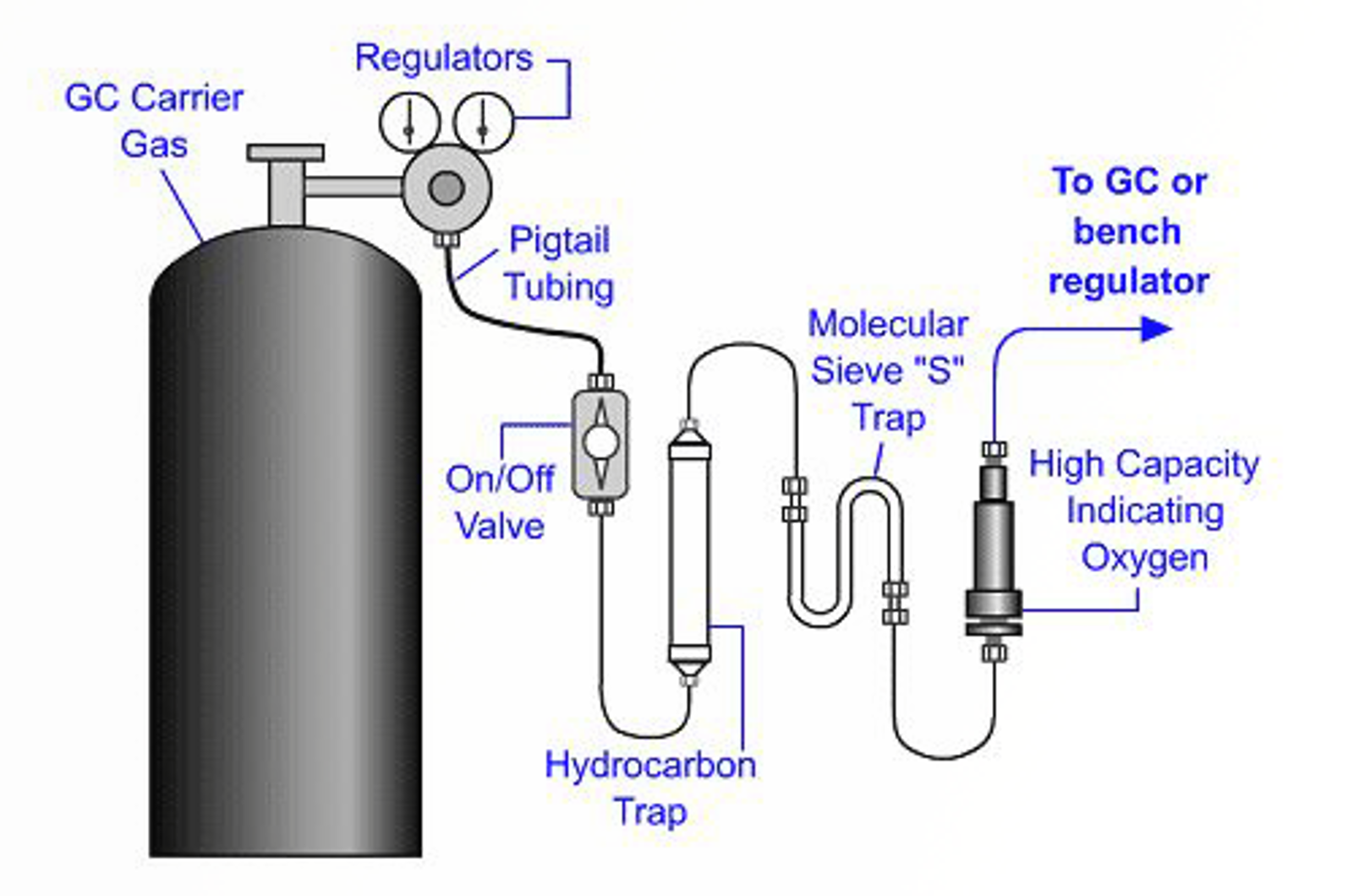
GC Considerations
This module explores the main GC considerations when using MS detectors. The choice of column phase and dimensions are considered, as well as the effects of carrier gas flows on the MS vacuum system.
Endorsed by 
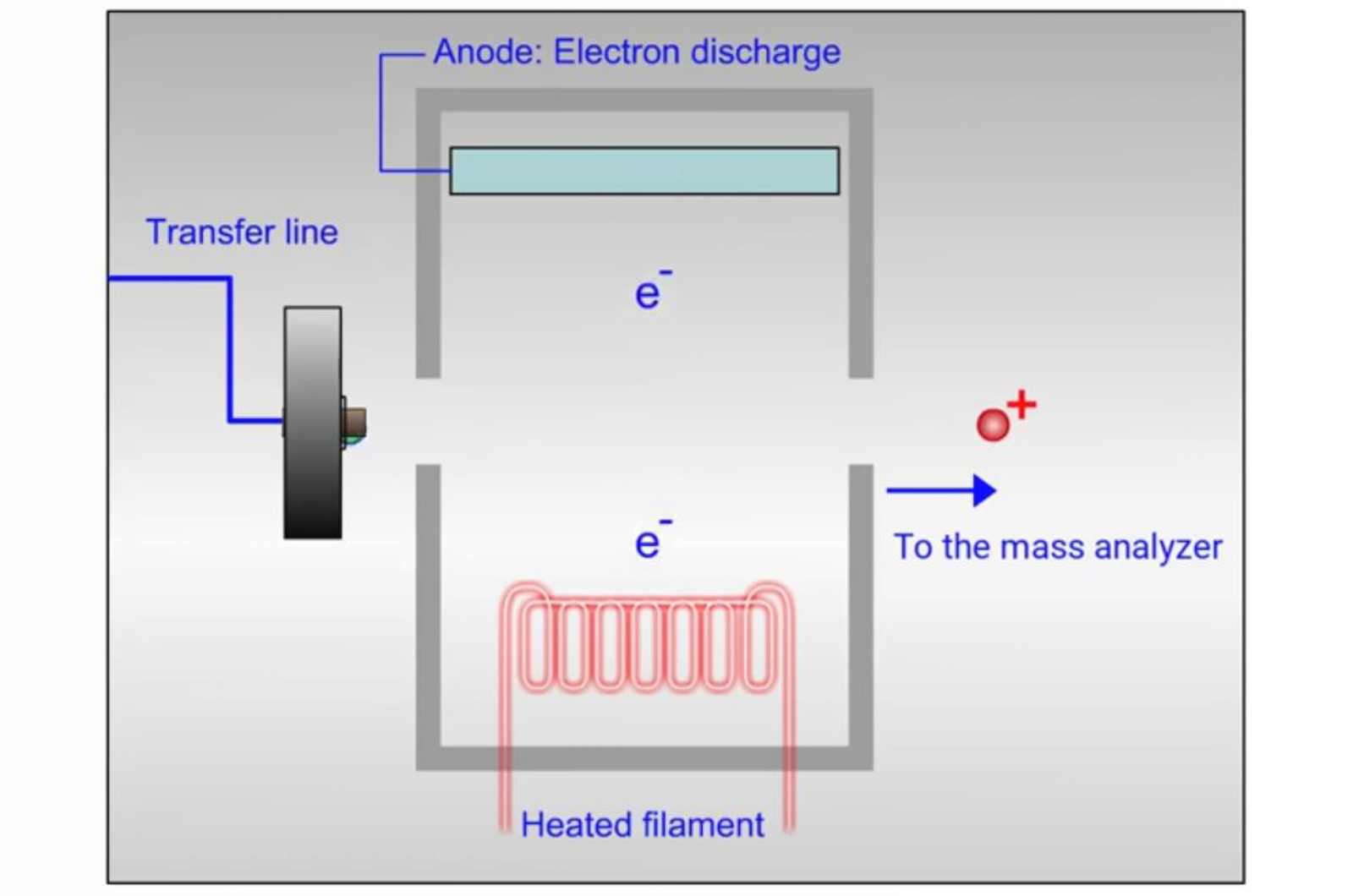
Fundamentals of GC-MS Ionization Techniques
This quick guide gives a concise overview of GC-MS ionization technique.
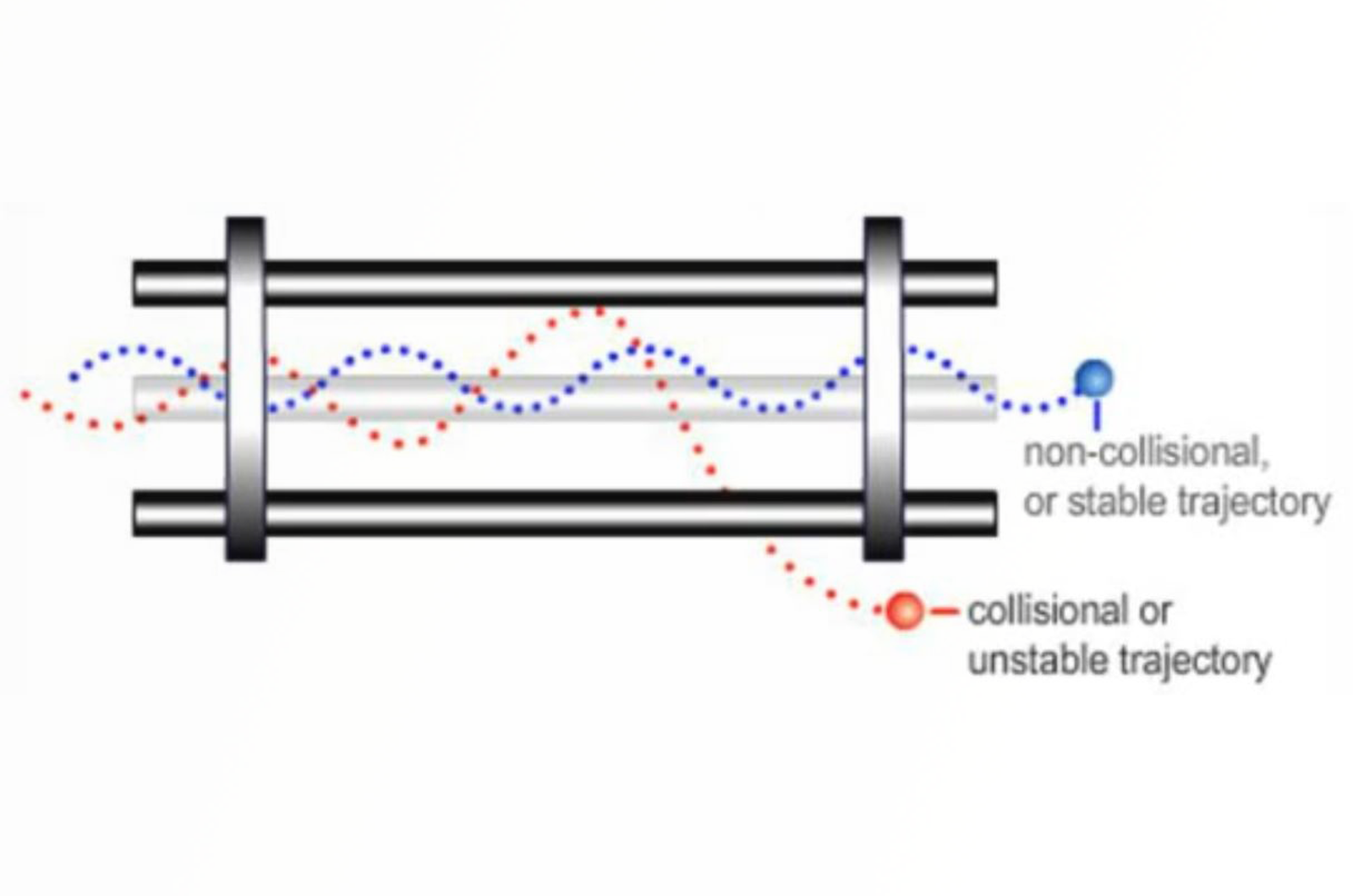
GC-MS/MS Analysis – What You Need to Know!
In this webcast, we explore the theory, technology, and applications of GC-MS/MS. We will discuss the key features of GC-MS/MS instrumentation alongside an overview of the key instrument operating principles and theories. Various means of deriving MS/MS spectral information will be discussed with reference to the analyzers which make these experiments possible.

What GC-MS Operators Need to Know
This informative webcast discusses special GC considerations, how analyte ionization works, and the principles of mass analysis using quadrupole devices. We will show you how to interpret an MS tune report, the power of various MS operating modes, and how to process and understand the data you generate. This essential information will allow you to better implement this technique successfully in your laboratory.
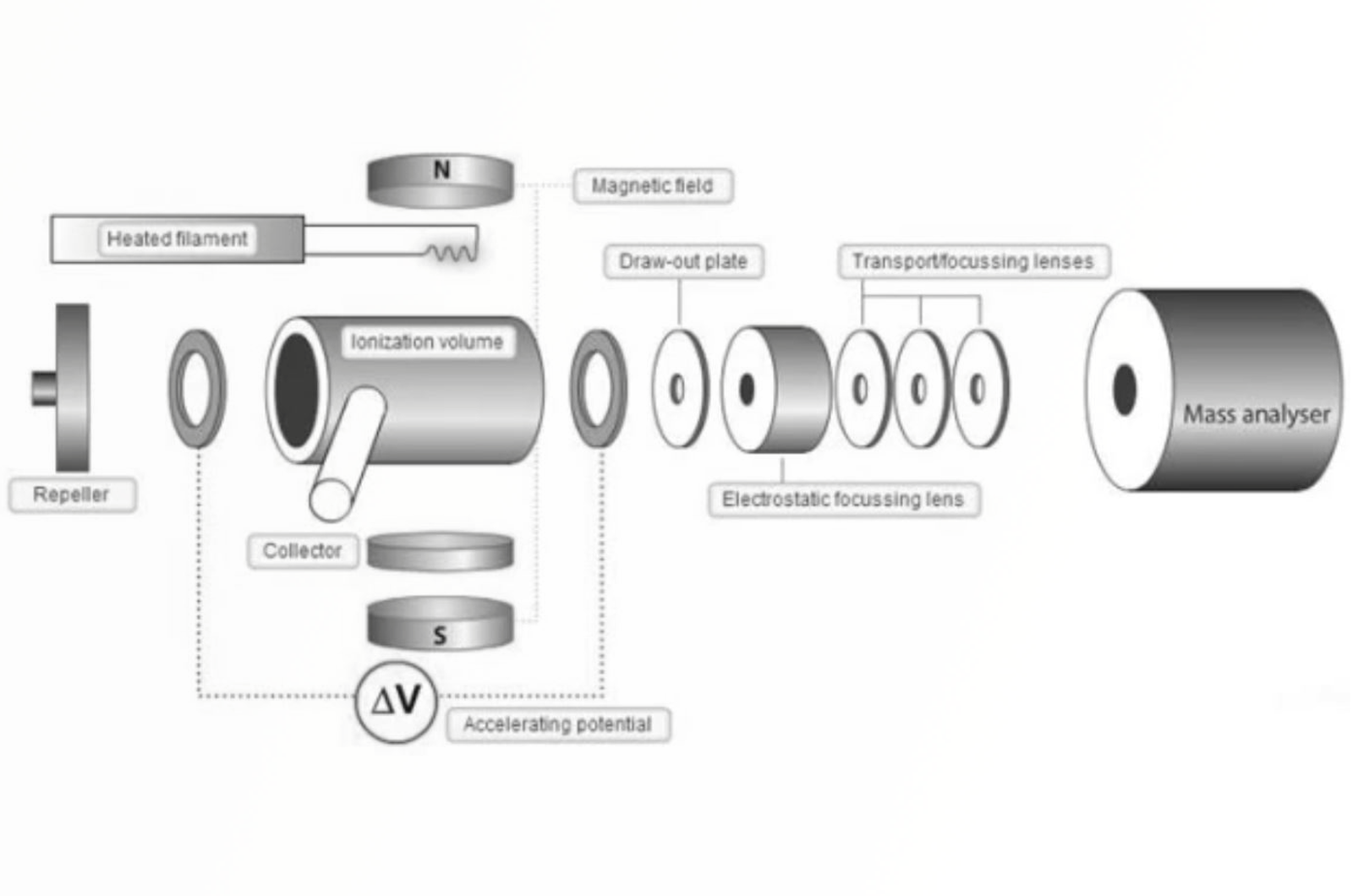
GC-MS Ionization Processes
This webcast discusses the two main forms of ionization, electron ionization (EI) and chemical ionization (CI) in GC-MS. The molecular reactions which occur within the ion source to produce ions will be examined along with which form of ionization should be used for particular analytes. Finally, our speakers will impart some of their expert knowledge regarding optimization of the GC-MS process and some general interpretation strategies.
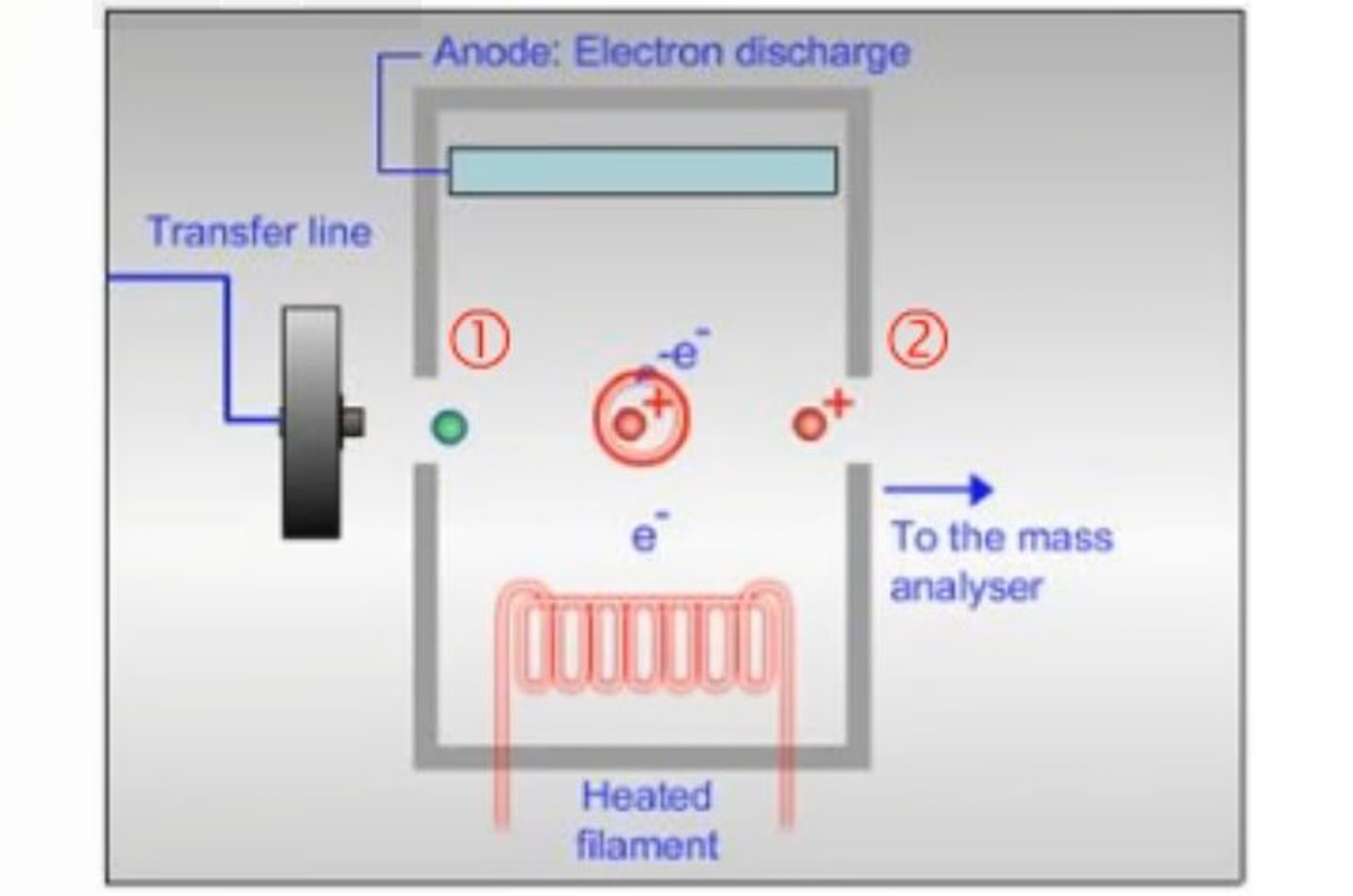
Understanding Electron Ionization for GC-MS
In this webcast, the fundamentals of electron ionization (EI) for GC-MS is presented. We will consider topics such as the anatomy of a typical EI source, the mechanisms of ionization, fragmentation and rearrangement reactions, and an introduction to EI mass spectral interpretation.
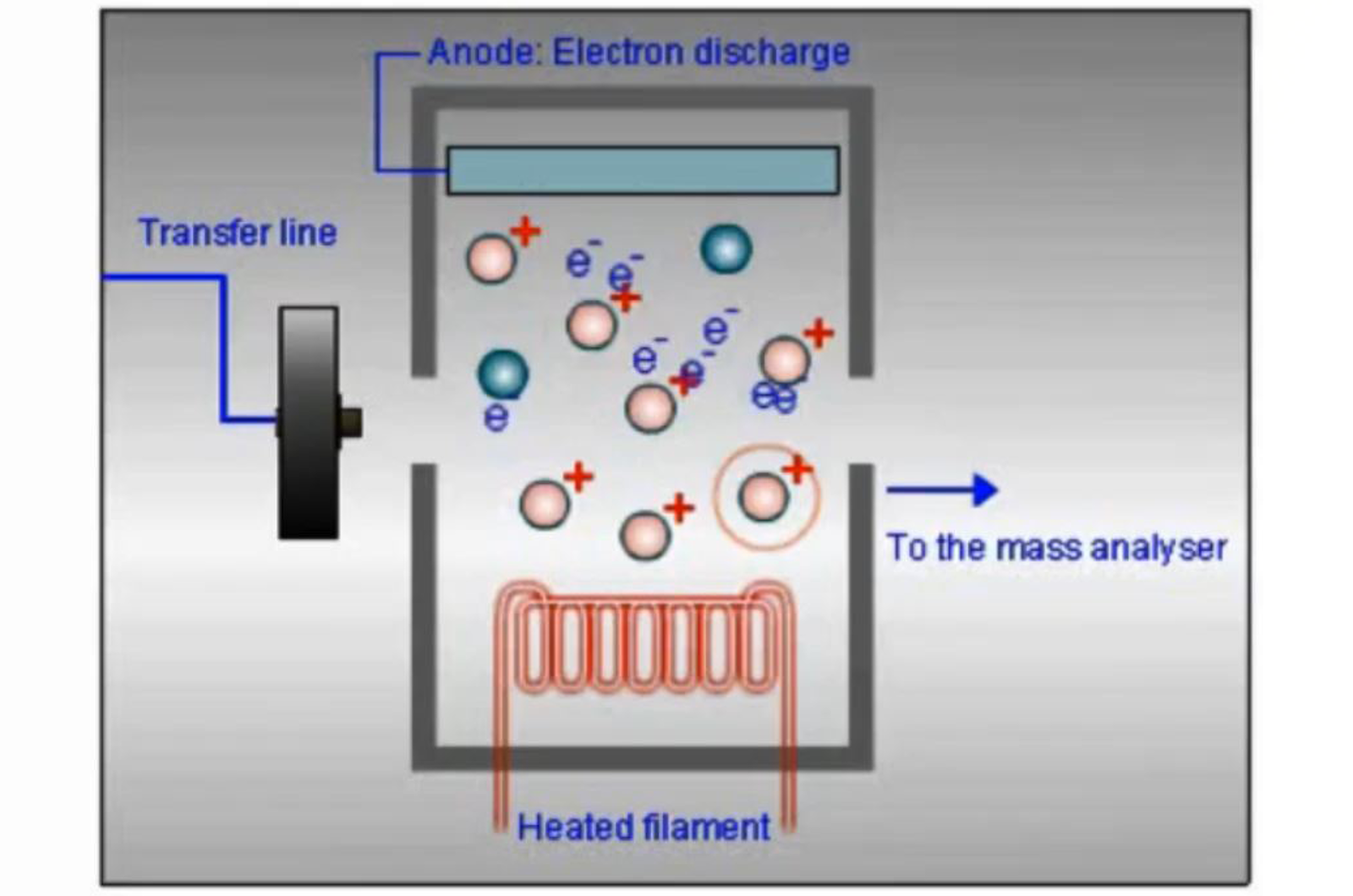
GC-MS Ionization Quick Guide
This short video will discuss the science and instrumentation which underpins GC-MS ionization.
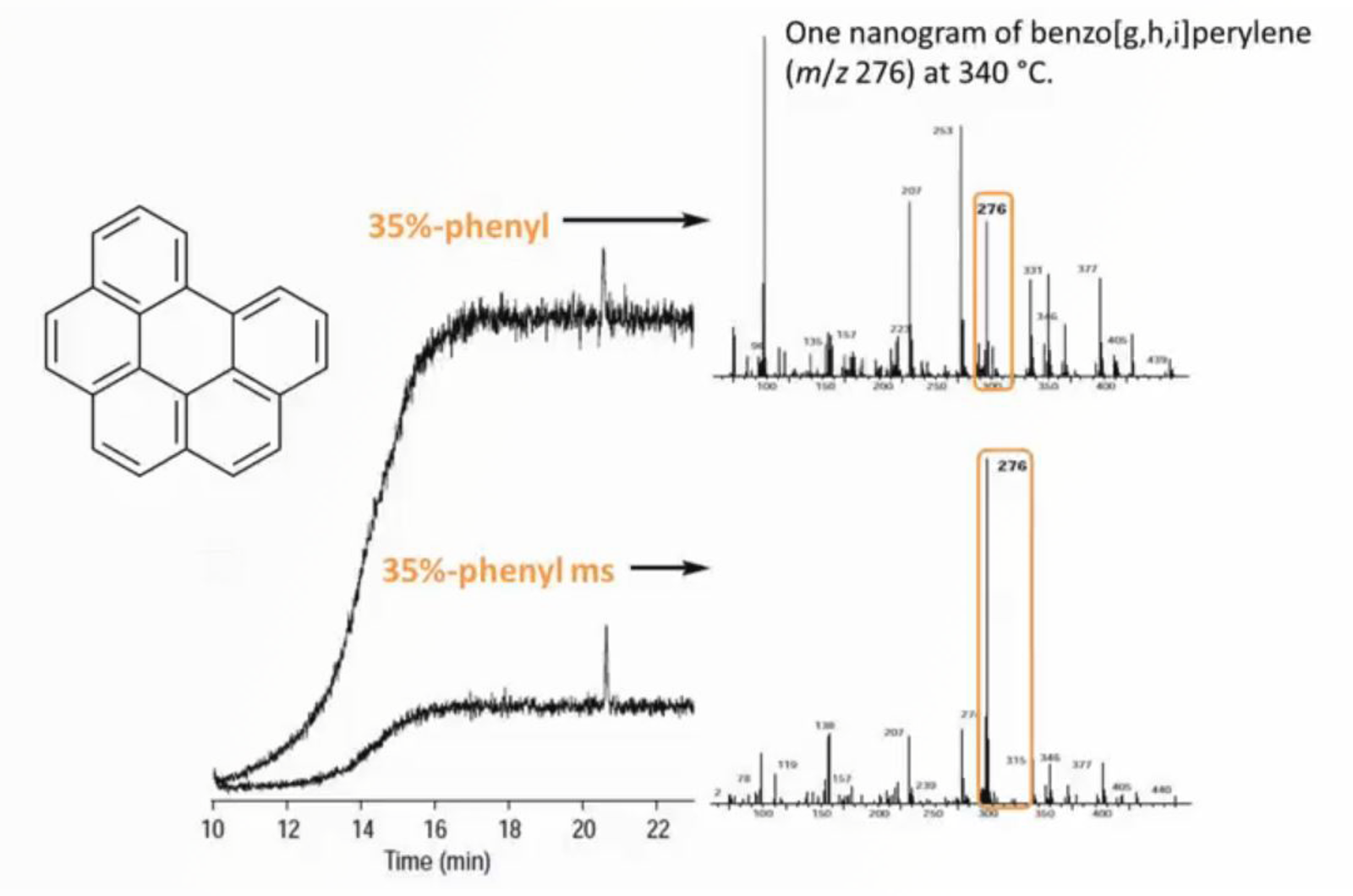
GC-MS Column Selection
This short video will discuss the chemical and physical properties which must be considered when selecting a GC-MS column.
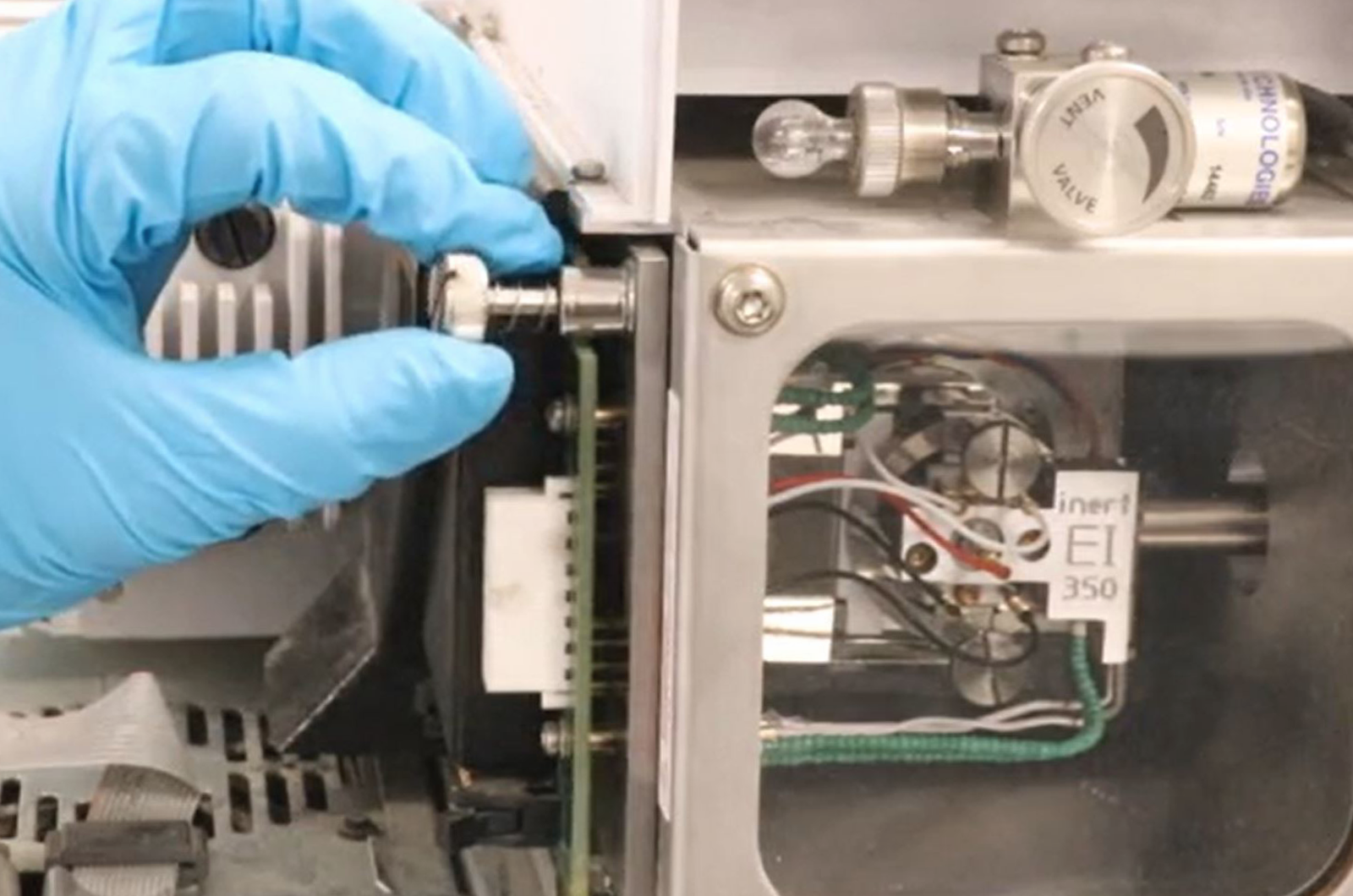
Practical GC-MS Video Bootcamp
The definitive guide to setting up a GC-MS instrument. Working on a real GC-MS instrument we provide you with the fundamental knowledge on the science, working principles, and correct setup of this powerful piece of equipment. An in-depth tour of how to dismantle and clean the ion source will give you confidence to perform preventative maintenance on your instrument.
Endorsed by 
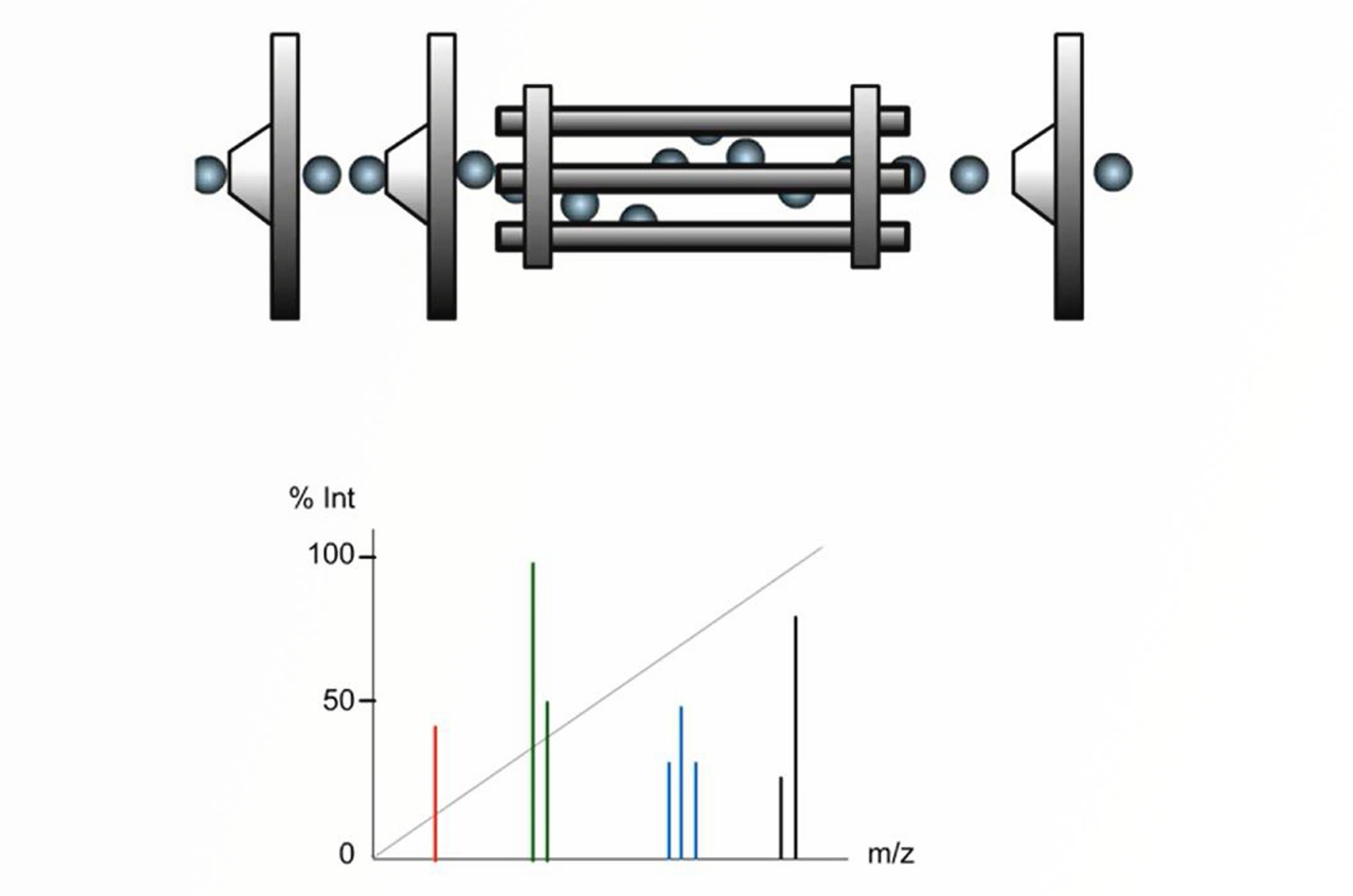
GC-MS Acquisition Modes
GC-MS data acquisition is carried out using full scan or selected ion monitoring (SIM) mode. Scan mode is used to cover a wide range of m/z ratios, whereas, SIM is used to gather data for specific masses of interest. This module will explain the differences between the data generated, provide you with details on the parameters which can be set to acquire the data, and the impact of the acquisition mode and parameters on the sensitivity of that data.
Endorsed by 
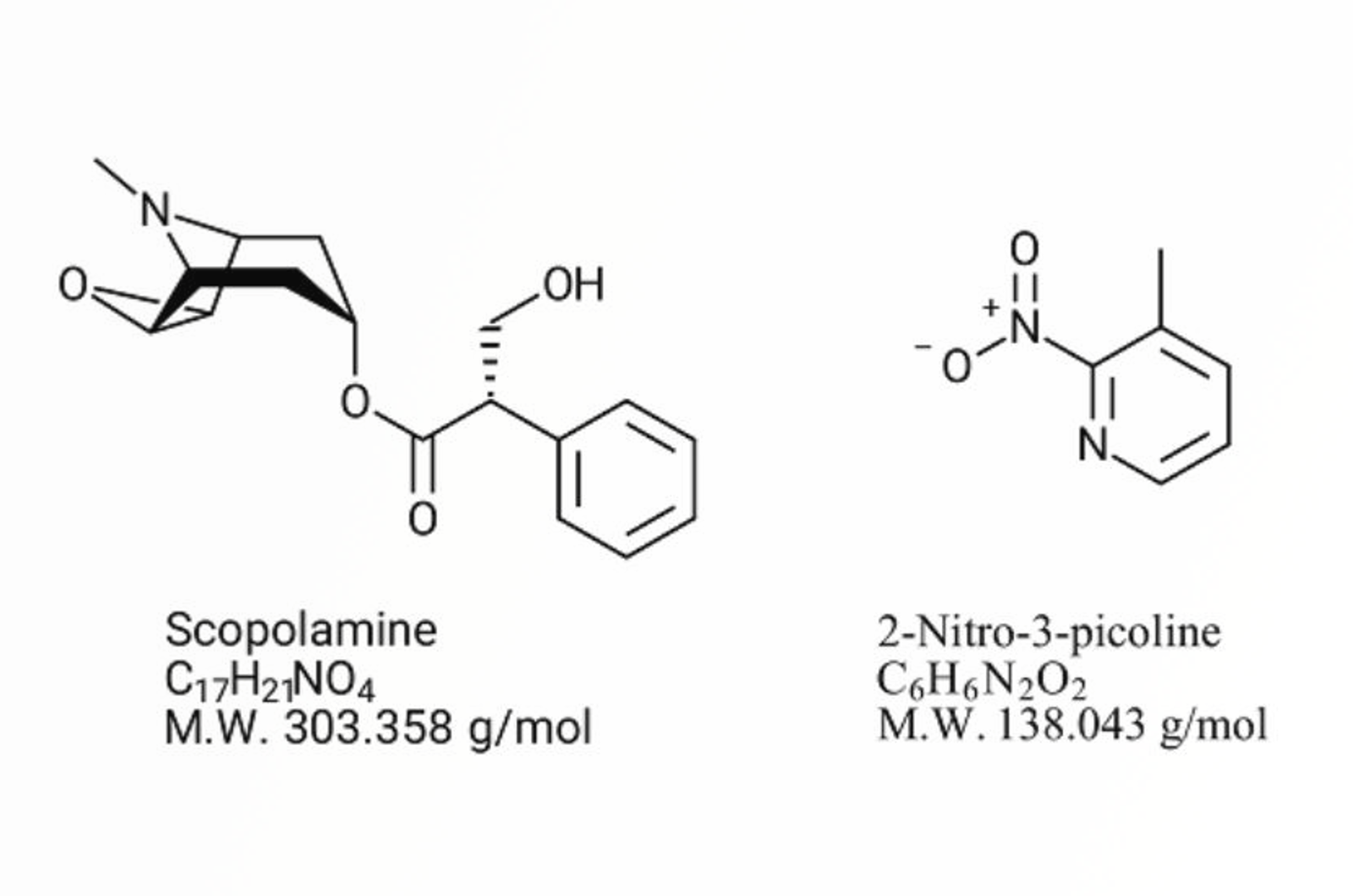
GC-MS Library Searching
This module will detail the process of obtaining and extracting spectra for library matching, what is involved in the matching process, and interpreting match results. As well as providing learning on troubleshooting poor library matching.
Endorsed by 
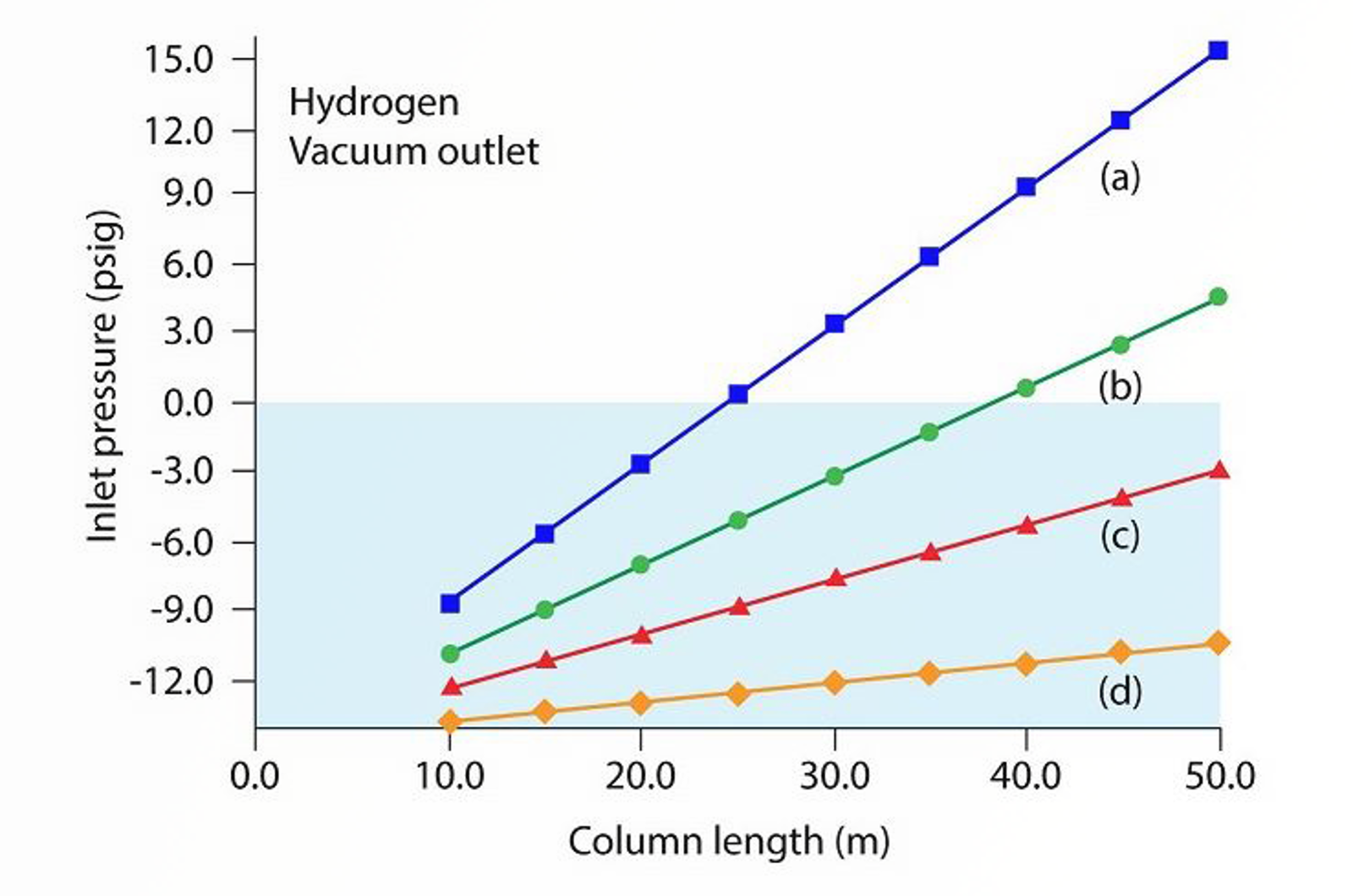
Using Hydrogen as a Carrier Gas in GC-MS
For GC, switching an existing method from helium to hydrogen can often be relatively straightforward. For GC-MS though, there can be major challenges in making the switch. This module explores the common challenges and strategies that can be employed to resolve these.
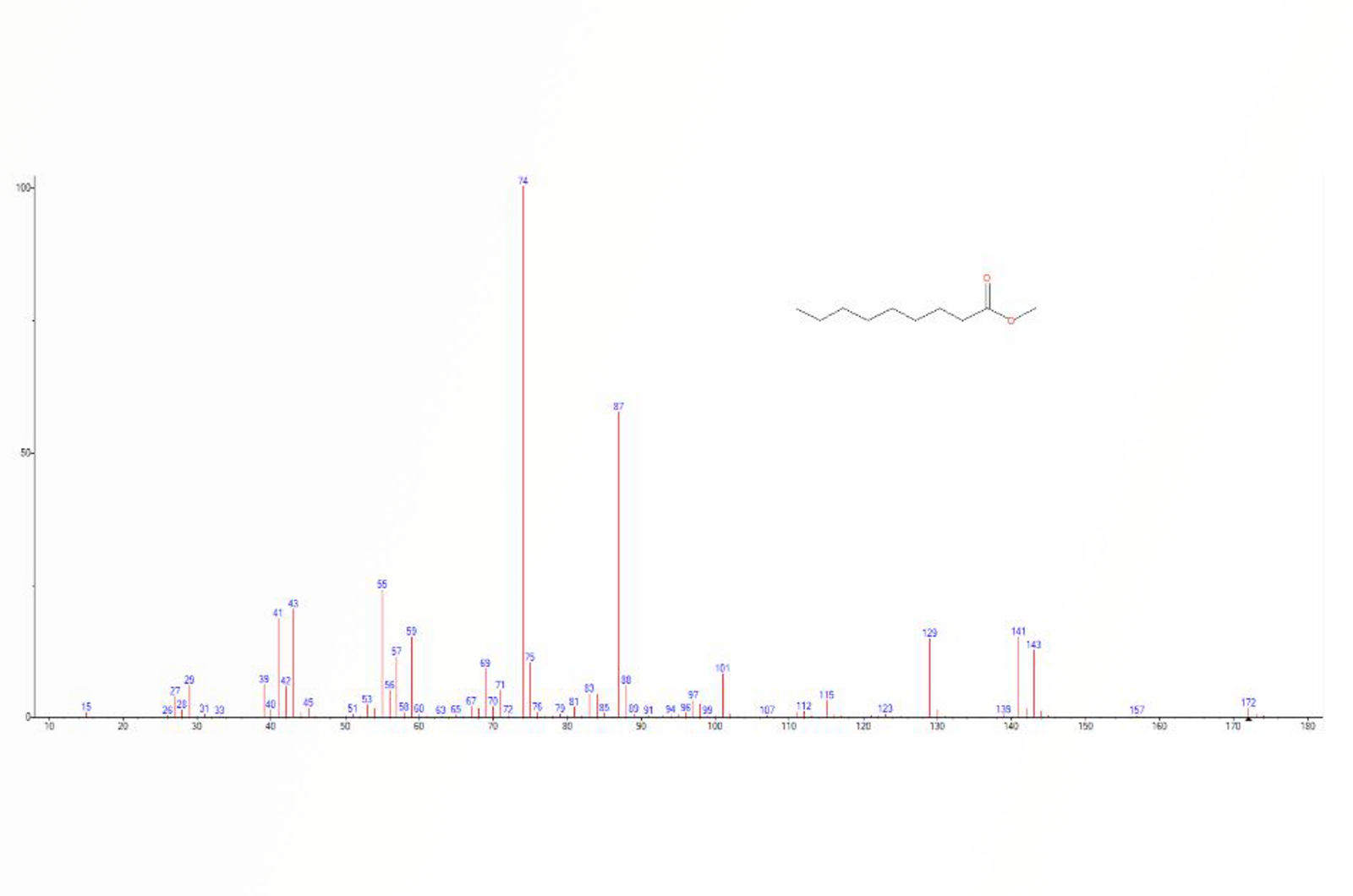
GC-MS Ion Ratio Confirmation - Qualifier and Identifier Ion Techniques
In GC-MS we can use qualifier and quantifier ions to more confidently identify and quantify our analytes. Ion ratio confirmation takes qualifier ions a step further by specifying a limit on the ratio of peak areas obtained by qualifier ions, providing a greater qualitative assurance of the identity and specificity of the peak used for quantitation. This module will discuss these techniques and demonstrate how to implement them.

Introduction to GC-MS Fragmentation and Interpretation
This webcast covers the foundation knowledge required to increase understanding and confidence of the electron impact process and its relevance to NIST library searching or structural interpretation of novel compounds.

Introducing SIFT-MS: The Final Piece of Your Analytical Toolkit
This webinar introduces SIFT-MS in the context of incumbent GC and LC approaches for volatiles analysis, before illustrating practical benefits of the technique using case studies drawn from pharmaceutical, environmental, and food applications.

SIFT-MS Ionization
An introduction to the ionization processes that occur in selected ion flow tube mass spectrometry (SIFT-MS) instruments.

SIFT-MS Quantitation
Several approaches to SIFT-MS quantitation are discussed, including an overview of the first-principles approach that underpins stability of the technique and ability to quantify volatiles from library parameters.

SIFT-MS Data Analysis
This module describes the principles of, and best practices for, SIFT-MS data quality assurance and general data analysis. Two cases studies are included.

SIFT-MS Compound Identification
This module describes identification of compounds in full-scan spectra, which is also important in method development and sample or instrument troubleshooting.

SIFT-MS Library
This module introduces the SIFT-MS library, how compounds are added, and how entries can be optimized for a specific instrument.

SIFT-MS Applying Routine Sample Preparation
This module describes how to apply static headspace analysis, standard additions, multiple headspace extraction, thermal desorption, and more, with SIFT-MS.
